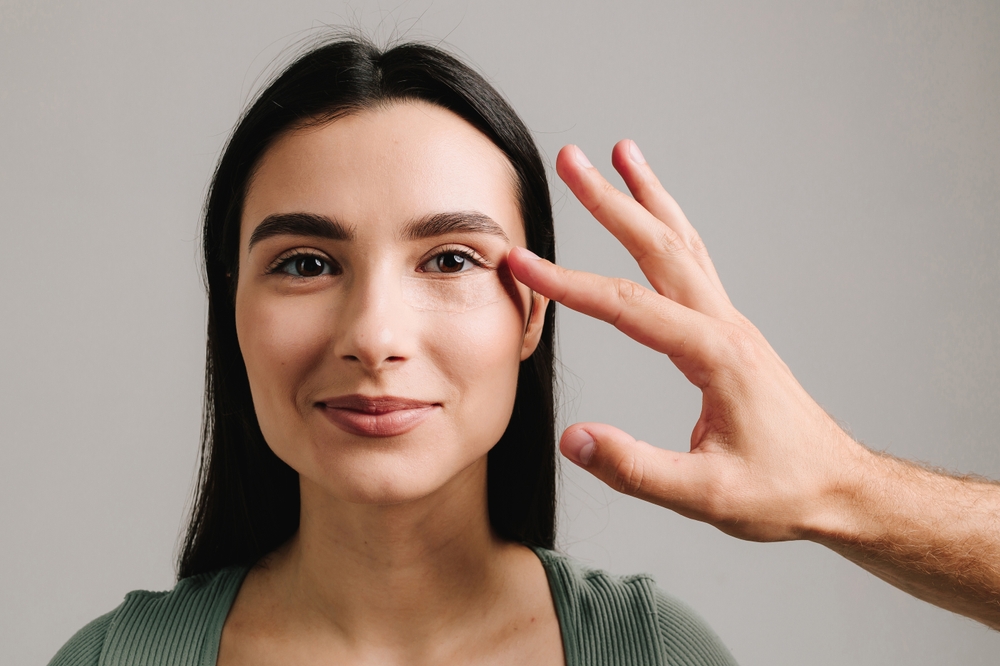Blepharoplasty, or eyelid surgery, is a popular cosmetic procedure designed to enhance the appearance of the eyes by removing excess skin, fat, and muscle from the eyelids. While many people seek this surgery for aesthetic reasons, it can also improve vision impaired by droopy eyelids. If you’re considering Blepharoplasty Dubai or have already undergone the procedure, understanding the recovery process is crucial for ensuring optimal results. This article will guide you through what to expect during your recovery from blepharoplasty.
1. Immediate Post-Operative Care
After your blepharoplasty, you will be monitored in the clinic for a short period before being discharged. It’s common to experience some swelling, bruising, and discomfort in the initial days following the surgery. Here’s what you should know:
Common Symptoms:
- Swelling and Bruising: This is a normal response to surgery and will typically peak within the first 48 hours before gradually improving.
- Mild Discomfort: You may experience tightness around the eyes or a sensation of heaviness.
- Sensitivity to Light: Your eyes may feel sensitive to bright light post-surgery.
Care Instructions:
- Ice Packs: Applying ice packs on the eyes can help reduce swelling and discomfort. Use them in 15-minute intervals during the first few days.
- Medications: Your surgeon will prescribe pain relievers to manage any discomfort. Make sure to follow the dosage instructions closely.
- Keep Your Head Elevated: Sleeping with your head elevated for the first few nights can help minimize swelling.
2. First Week of Recovery
The first week is critical in the healing process. Most patients can expect to return to their normal activities within a few days, but it’s essential to take it easy.
What to Expect:
- Stitches: If your procedure involved sutures, these are typically removed within 5 to 7 days. In some cases, dissolvable stitches are used and will naturally fade away.
- Follow-Up Appointment: Your surgeon will schedule a follow-up appointment to monitor your recovery progress and remove any non-dissolvable stitches if needed.
Activities to Avoid:
- Strenuous Activities: Avoid heavy lifting, intense exercise, or activities that could strain your eyes for at least one week.
- Wearing Makeup: Avoid applying makeup around the eyes for at least a week or as directed by your surgeon to minimize the risk of infection.
3. Second Week and Beyond
As you transition into the second week of recovery, many of the initial symptoms will begin to subside. However, it’s essential to continue following your surgeon's post-operative care instructions.
Continued Healing:
- Swelling Reduction: By the second week, most swelling and bruising should significantly diminish, although some residual swelling may persist for several weeks.
- Eye Comfort: Sensitivity to light and dryness may still be present. Use lubricating eye drops as recommended by your surgeon to alleviate dryness and irritation.
Returning to Normal Activities:
- Gradual Resumption: You can gradually return to regular activities, including work, after about a week. However, if your job involves strenuous tasks or screen time, consider extending your recovery period.
- Follow-Up Care: Regular follow-up appointments will help monitor the healing process and ensure optimal results.
4. Long-Term Recovery and Results
While the majority of swelling and bruising will resolve within a few weeks, it can take several months for the final results of your blepharoplasty to fully manifest.
Final Results:
- Settling of Swelling: Minor swelling may linger for up to six months but will continue to improve over time.
- Improved Appearance: Once fully healed, you will enjoy a refreshed and youthful appearance, with improved eyelid functionality and a more alert look.
Long-Term Care:
- Sun Protection: Protect your eyes from the sun by wearing sunglasses and using sunscreen around the eye area to prevent discoloration.
- Healthy Lifestyle: Maintaining a healthy lifestyle can help prolong the results of your surgery. Stay hydrated, eat a balanced diet, and avoid smoking.
5. Consultation and Support
Every recovery journey is unique, and it’s essential to maintain open communication with your surgeon throughout the process. Do not hesitate to reach out with any concerns, whether it’s regarding symptoms, pain management, or aesthetic results.
Support Systems:
- Family and Friends: Having support from loved ones during your recovery can help you manage daily tasks and provide emotional support.
- Professional Help: Consider joining support groups or forums for individuals who have undergone blepharoplasty. Sharing experiences can provide additional comfort and insights.
Conclusion
Recovering from blepharoplasty in Dubai can be a smooth and rewarding experience if you know what to expect. By following your surgeon's guidelines and allowing your body the time it needs to heal, you will be on your way to enjoying a refreshed appearance and improved confidence. Whether you are undergoing the procedure for aesthetic or functional reasons, proper recovery is key to achieving the best possible outcome. With careful planning and support, you can navigate the recovery journey successfully.





Comments